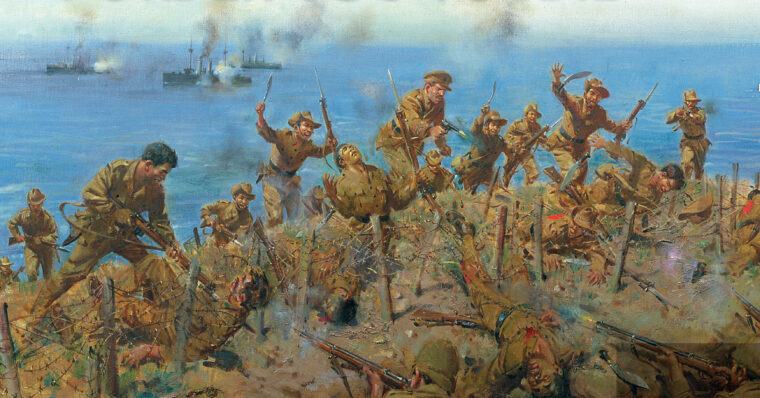
“I Order You To Die”
By Victor J. KamenirIn the English-speaking world, most students of military history would be hard-pressed to identify the time, place, or antagonists of the Canakkale Campaign. Read more

In the English-speaking world, most students of military history would be hard-pressed to identify the time, place, or antagonists of the Canakkale Campaign. Read more
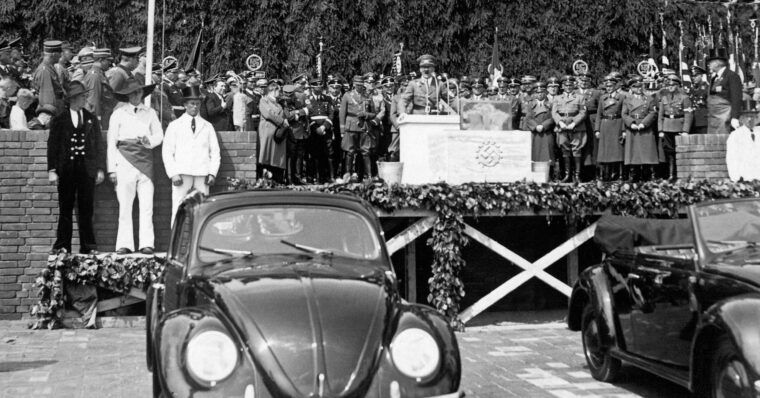
The Volkswagen, or “People’s Car,” that so many millions have known for more than half a century had its genesis in Nazi Germany. Read more

Peering intently through a telescope, General Lemuel C. Shepherd, the commandant of the Marine Corps, scanned the shell-pocked Korean terrain in front of his position. Read more

Devizes in southern England had had a quiet war. It had not suffered any bombing as most English cities had. Read more
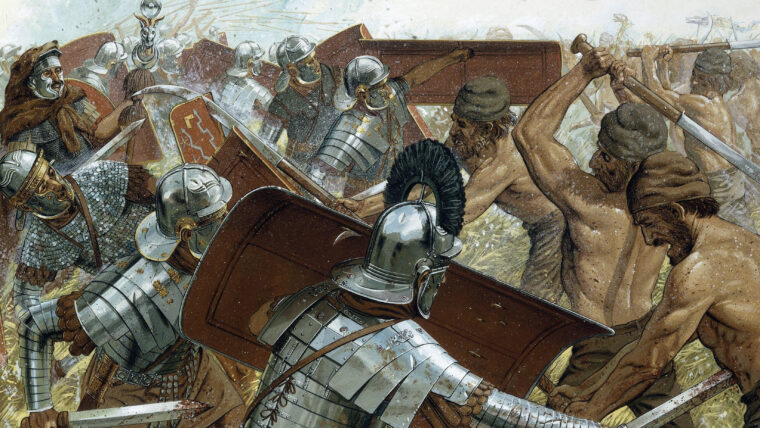
Arminius, war leader of the Cherusci, a powerful German tribe on the east bank of the Rhine, was livid. Read more

The German crewmen occupied the various stations in their tank as they approached the American roadblock ahead. It was 2100 hours on Christmas Eve, 1944, just outside the town of Manhay, Luxembourg, which was occupied by elements three different U.S. Read more
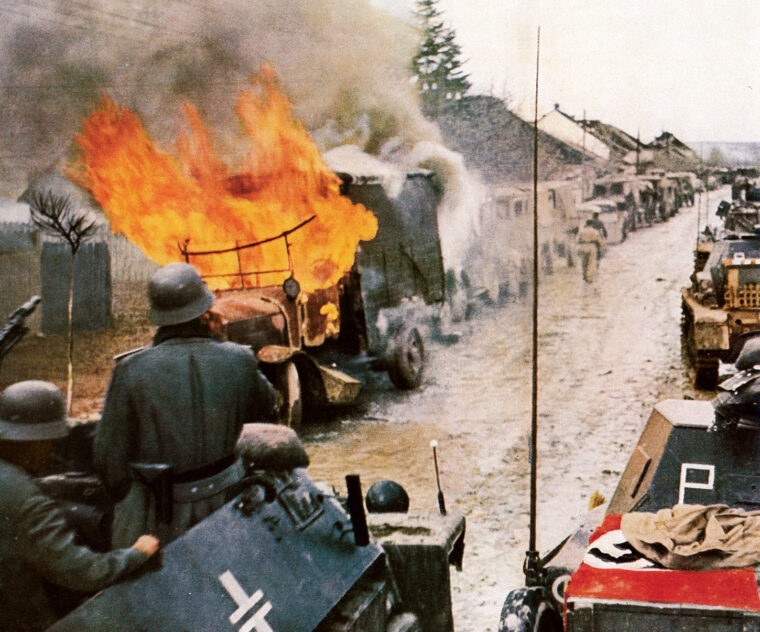
World War II German Army Field Marshal Erich von Manstein was considered by many to have been “Hitler’s most brilliant general” and “the ablest commander in their Army.” Read more
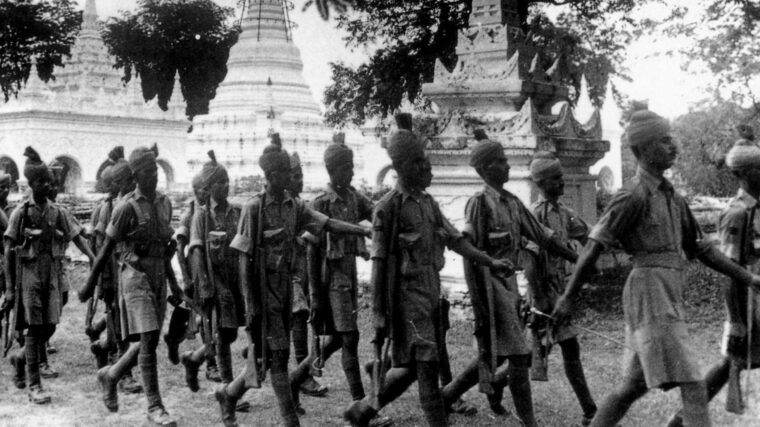
The Japanese looked unstoppable. Two divisions of the 15th Army had crossed from Thailand into Burma in mid-January 1942, bent on capturing Rangoon before the British could land reinforcements and block the seizing of the Burma Road. Read more
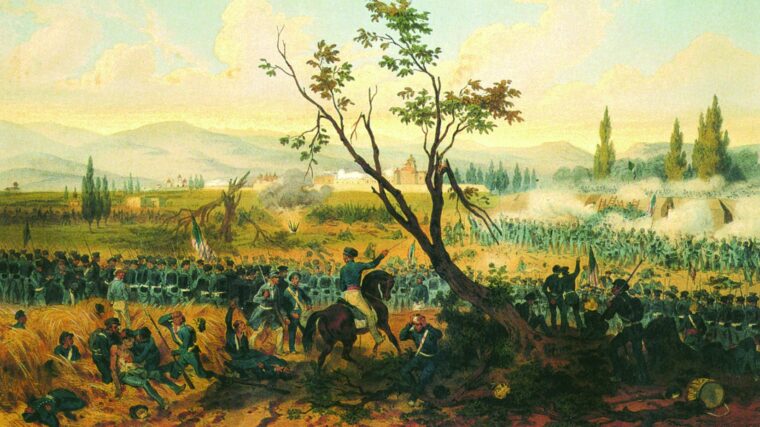
Men have been reporting their wars almost as long as they have fighting them. The first prehistoric cave drawings depicted hunters bringing down wild animals, and spoken accounts of battles, large and small, formed the starting point for the oral tradition of history. Read more
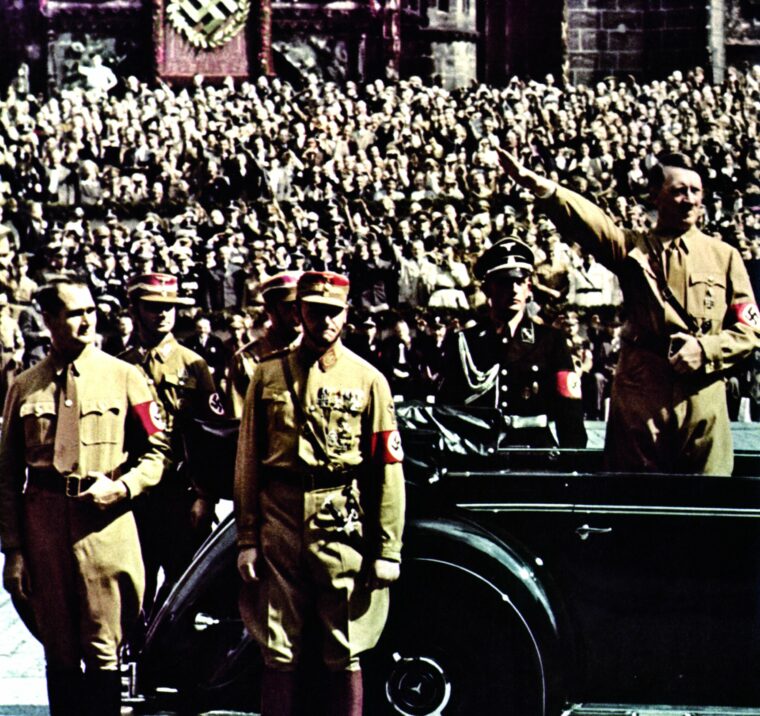
Throughout the reign of the Nazi Party in Germany during the 1930s and 1940s, Adolf Hitler’s inner circle comprised a diverse group of men from many walks of life. Read more

When Texas entered the Union in 1845, after nine uneasy years as an independent republic, the mutual grievances between Mexico and the United States threatened to erupt into open hostilities. Read more
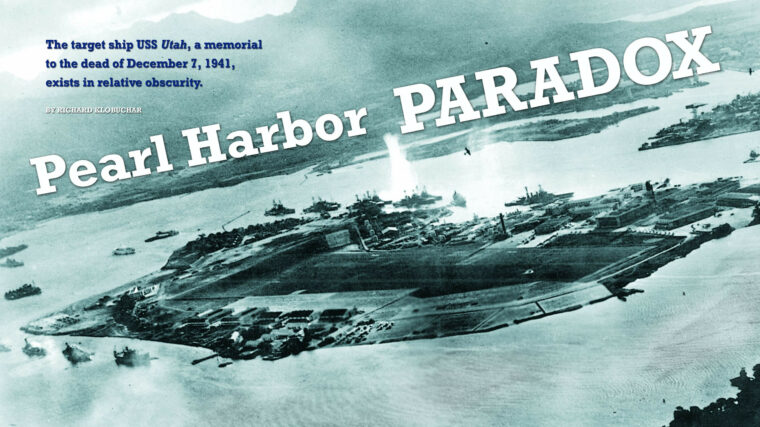
Very few among the throngs of visitors to Pearl Harbor on the island of Oahu are aware of an anomaly, but it definitely exists in the case of the USS Utah. Read more
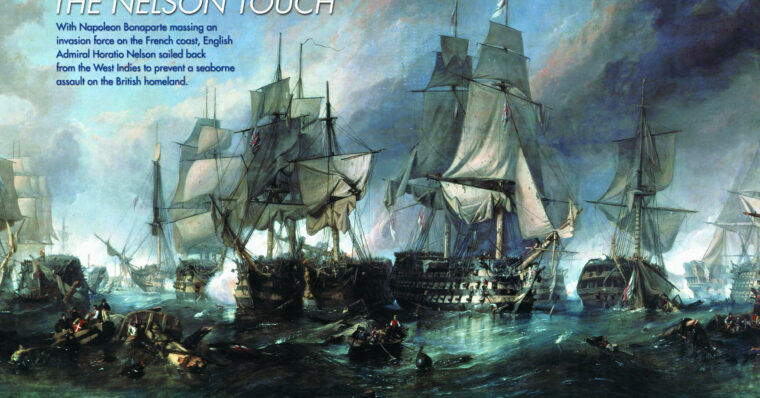
When the Treaty of Amiens was signed on April 1, 1802, bringing peace between France and Great Britain after nearly a decade of war, there was wild rejoicing in England. Read more

It was loud. It was violent. Gunfire ripped into 1st Lt. Grant G. Stout’s Republic P-47D Thunderbolt fighter high over Dortmund, Germany, near midday on March 19, 1945, and the aircraft trembled and shook. Read more
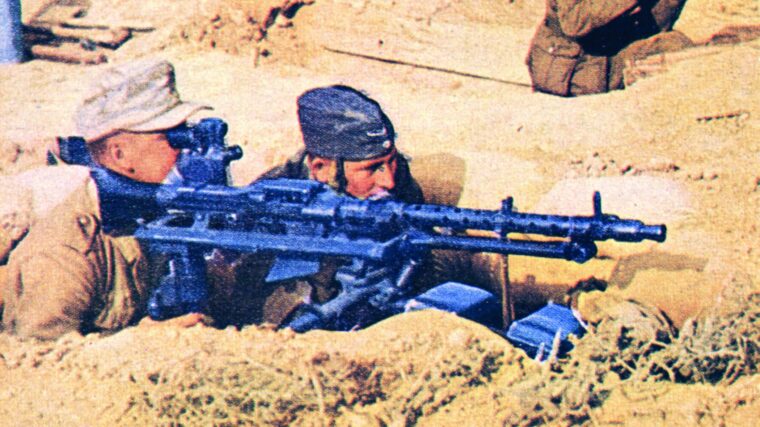
World War II saw great advancements in firearms technology. Many nations that entered the conflict with bolt-action rifles ended the war with a variety of complex submachine guns and assault rifles. Read more
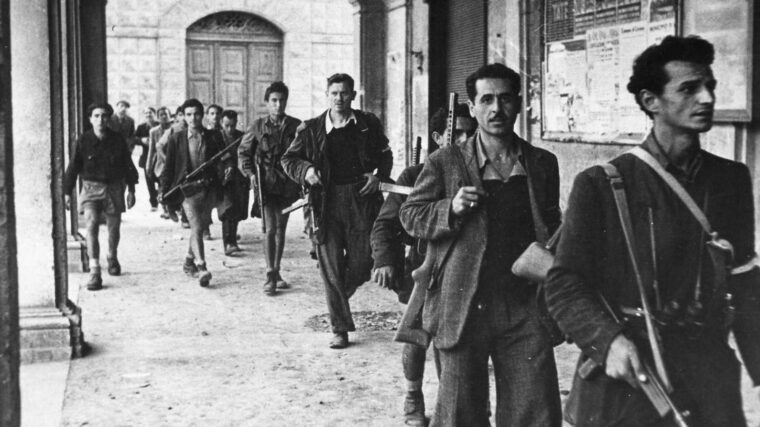
As 1944 drew to a close, the British in Greece found themselves in a parlous situation. They had agreed to support the restoration of Greek civil authority while overseeing the distribution of aid and the re-creation of armed forces to ensure internal security, all while commitments elsewhere were straining them almost to the breaking point. Read more
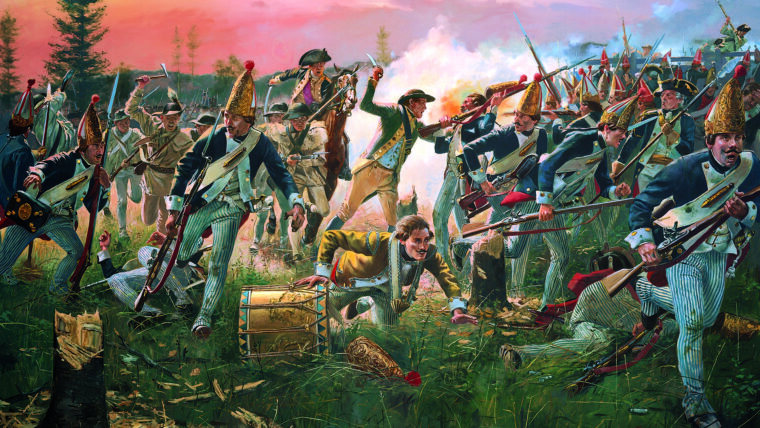
“He is at this time transporting large armies of foreign mercenaries to complete the works of death, desolation and tyranny,” Thomas Jefferson said of King George III in the Declaration of Independence. Read more
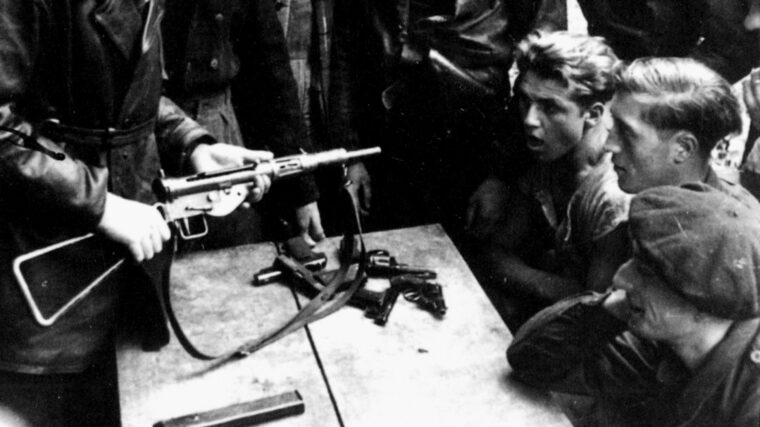
On June 6, 1944, hundreds of thousands of Allied troops, planes, and ships departed from their bases in England bound for the shores of France in what was to be the greatest invasion of all time. Read more
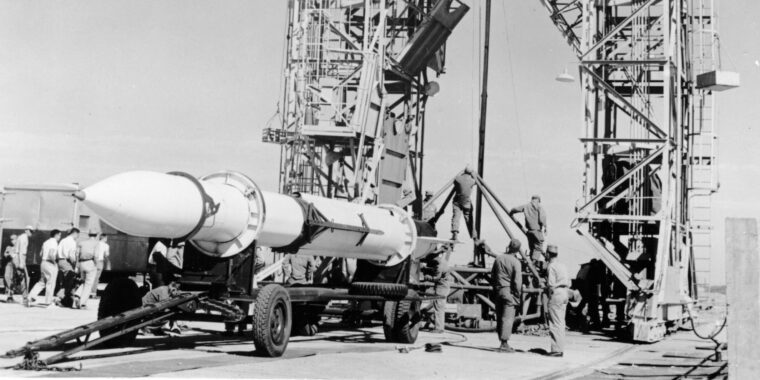
Six days after the Allies’ D-Day landings on the coast of Normandy in June 1944, Germany retaliated by launching its first Vergeltungswaffe, or Vengeance Weapon, at the city of London. Read more
Originally released for PC in 2021, World War II real-time strategy game War Mongrels is officially available for more players to dive into on PlayStation 4, PlayStation 5, Xbox One and Xbox Series X|S. Read more